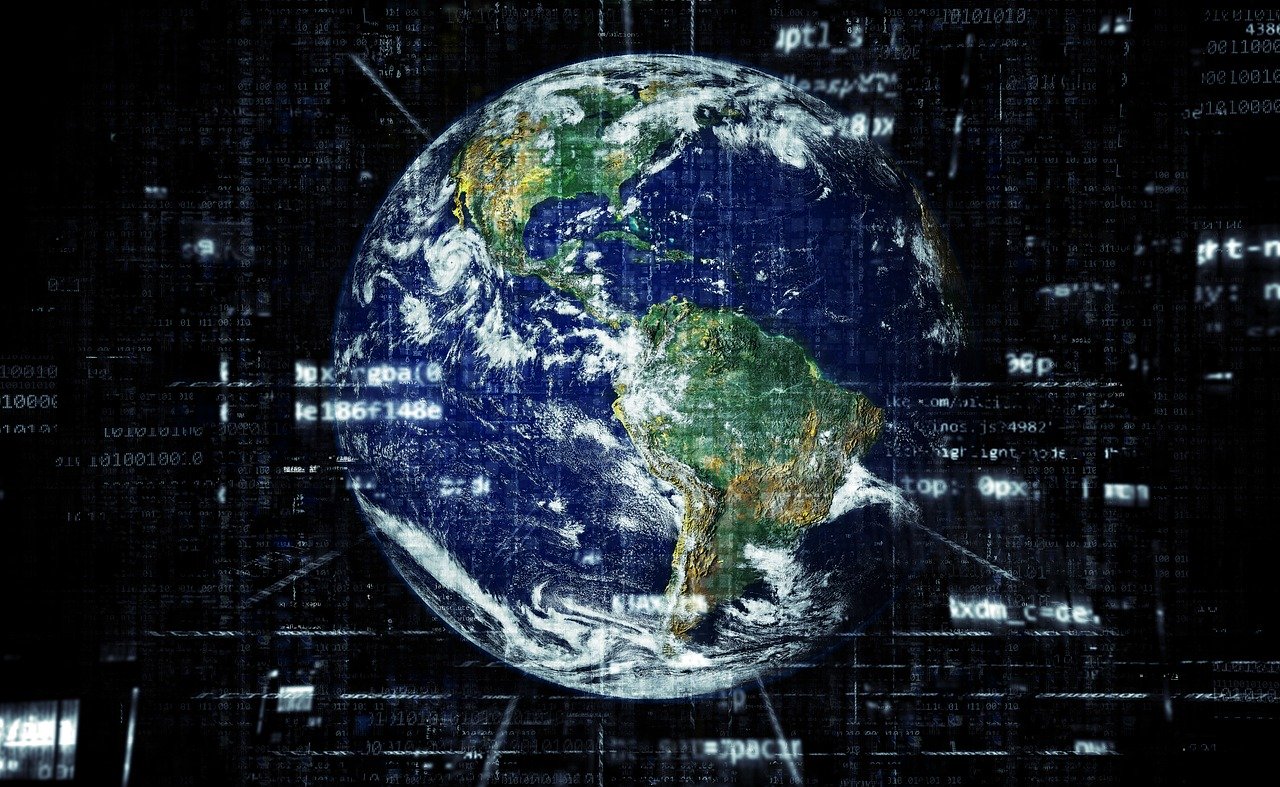European Russophobia and Europe’s Rejection of Peace: A Two-Century Failure
Europe has repeatedly rejected peace with Russia at moments when a negotiated settlement was available, and those rejections have proven profoundly self-defeating. Read more
The world is increasingly obsessed with the ongoing power struggle between the US and China. But the technology-driven shift of power away from states to transnational actors and global forces brings a new and unfamiliar complexity to global affairs.

CAMBRIDGE – Since 2017, America’s National Security Strategy has focused on great power competition, and today much of Washington is busy portraying our relationship with China as a new cold war. Obviously, great power competition remains a crucial aspect of foreign policy, but we must not let it obscure the growing transnational security threats that technology is putting on the agenda.
Power transitions among states are familiar in world politics, but the technology-driven shift of power away from states to transnational actors and global forces brings a new and unfamiliar complexity. Technological change is putting a number of issues – including financial stability, climate change, terrorism, cybercrime, and pandemics – on the global agenda at the same time that it tends to weaken governments’ ability to respond.
The article's full-text is available here.